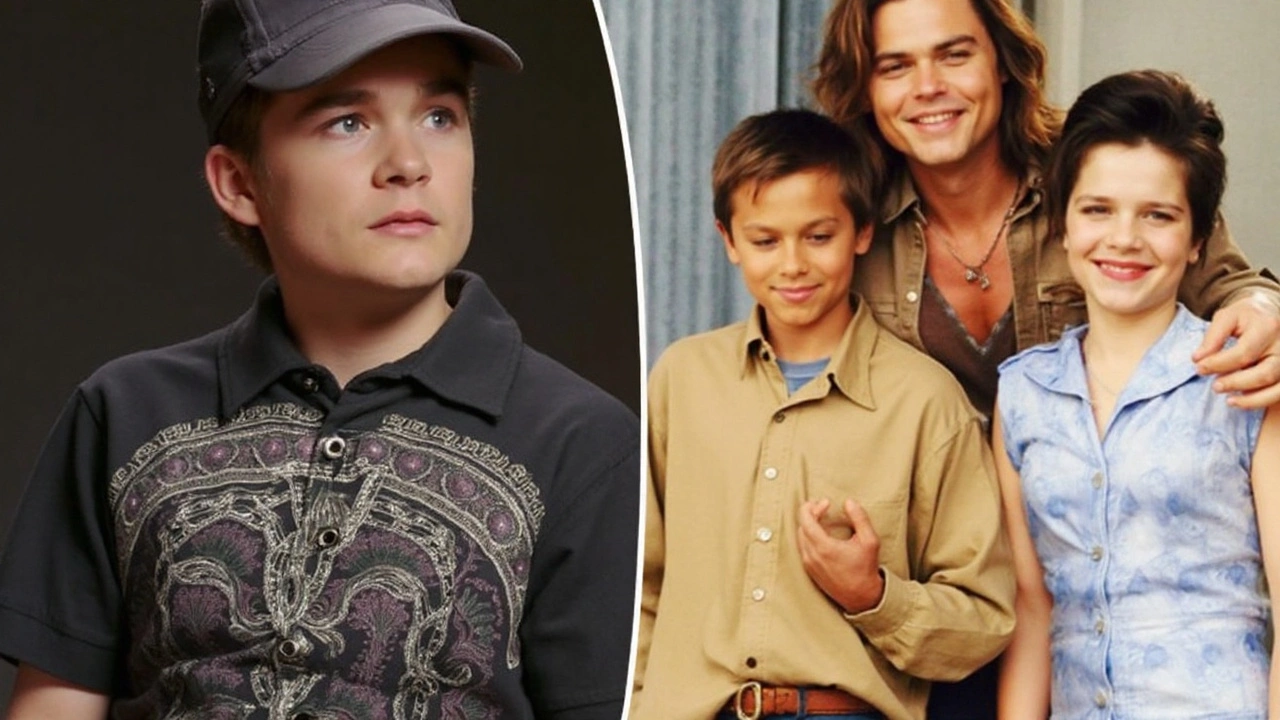The Allegations Unpacked
During a candid chat on Billy Corgan’s "Magnificent Others" podcast, Corey Feldman dropped a bomb that could rewrite a piece of 90s film lore. He says he was the original choice for Arnie Grape—the mentally disabled brother whose performance launched Leonardo DiCaprio into the Oscar spotlight. According to Feldman, the producers had already signed him when Johnny Depp, cast as the titular Gilbert Grape, whispered something to the studio execs that changed everything.
Feldman recalls Depp telling the producers he didn’t want to work with "junkies"—a jab that landed at the worst possible time. "I’d just gotten sober," Feldman says, "so the comment hit like a punch to the gut." The claim is that Depp’s off‑hand remark, relayed in a private conversation, prompted the decision to replace Feldman with a younger, unknown DiCaprio.
The story has a classic Hollywood feel: a rising child star, a seasoned lead actor, a backstage power play, and a role that becomes a career catalyst. Feldman’s bitterness is palpable. He admits he never watched the finished film, saying the memory of being pushed out still stings.

What the Lost Role Means for a Career
At the time of the alleged snub, Feldman was basking in the afterglow of 80s hits like "The Goonies" and "Stand By Me." Losing Arnie Grape, however, felt like a door slammed shut just as he was stepping onto the larger stage. To put the impact in perspective, consider the ripple effect DiCaprio’s nomination created:
- Academy Award nomination for Best Supporting Actor.
- High‑profile roles in "Romeo + Juliet" and "Titanic," cementing his status as a leading man.
- Global celebrity—"Leo‑mania" that defined an era of cinema.
Feldman argues that had he kept the part, his trajectory could have mirrored that of DiCaprio. He also claims he was in contention for James Cameron’s 1997 juggernaut "Titanic," aiming for the Jack Dawson role that also went to DiCaprio. If true, the pattern suggests Feldman missed two pivotal opportunities that might have reshaped his place in Hollywood.
Beyond the personal hurt, Feldman's story raises broader questions about casting politics. How often do established actors use their clout to influence decisions? What safeguards exist to protect emerging talent from behind‑the‑scenes meddling? While the film industry has grown more transparent in recent years, anecdotes like Feldman's remind us that power dynamics still shape who gets the spotlight.
Feldman’s revelations have reignited interest in the early 90s casting process for "What’s Eating Gilbert Grape." Fans of the film now revisit the credits with fresh eyes, wondering how different the movie might have been with Feldman’s interpretation of Arnie. The drama off‑screen may never be fully verified, but it underscores how a single word—"junkie"—can echo through a career for decades.
